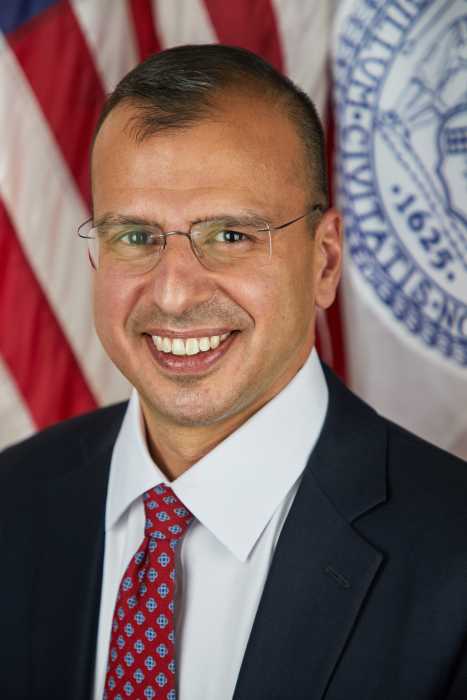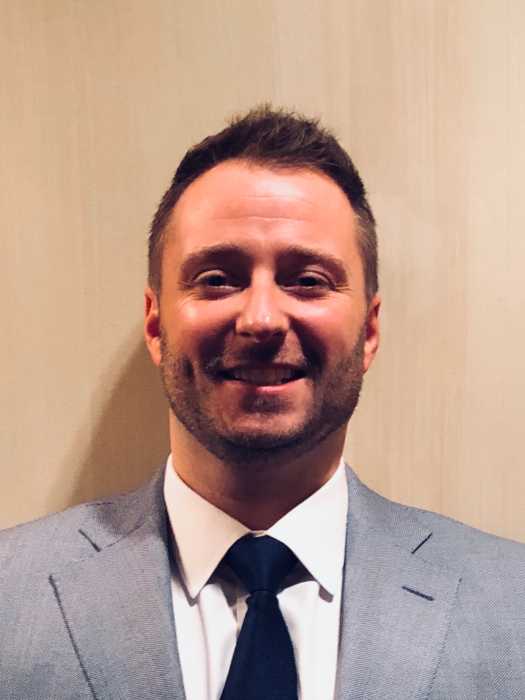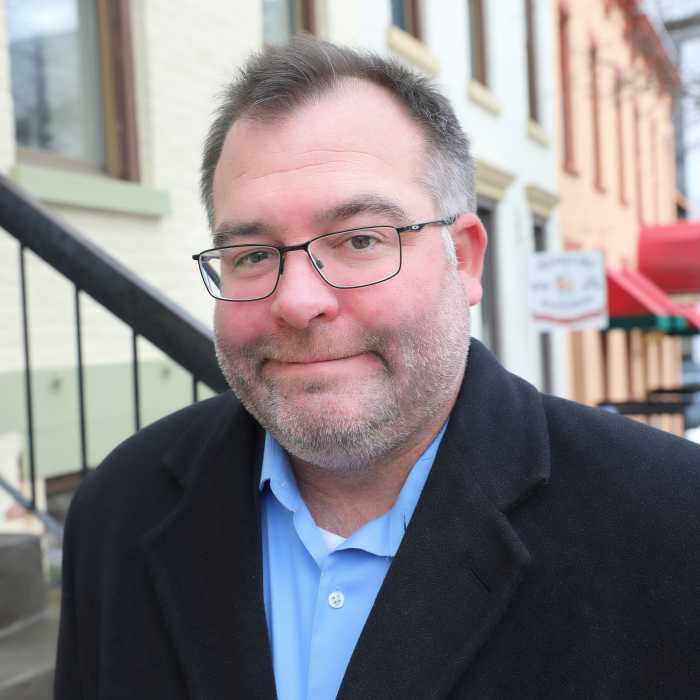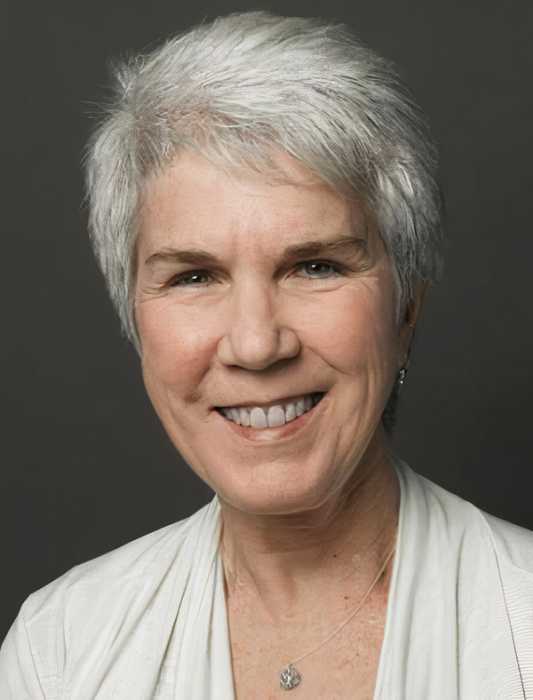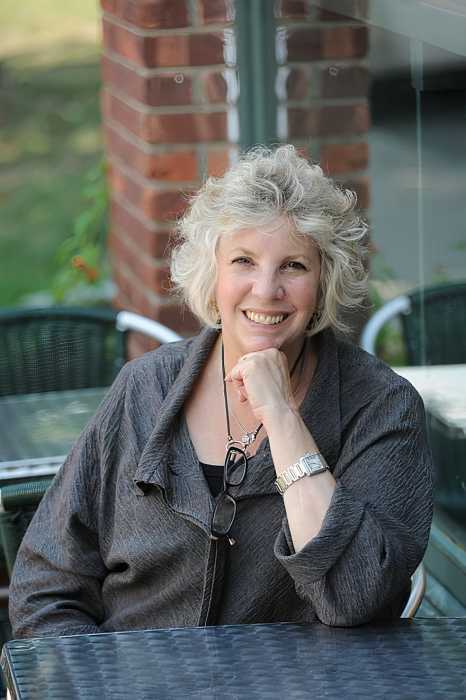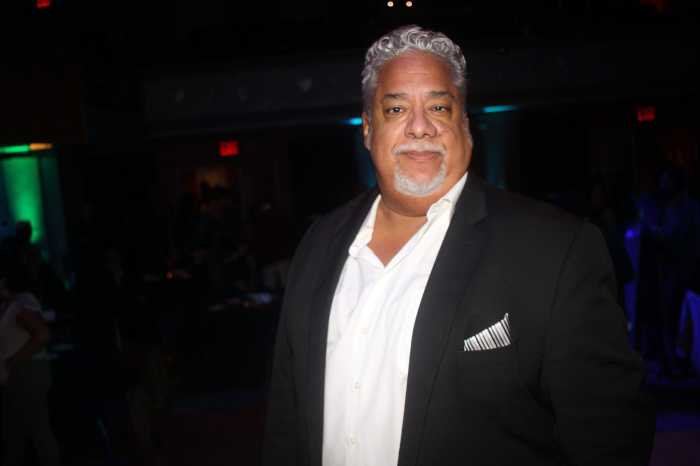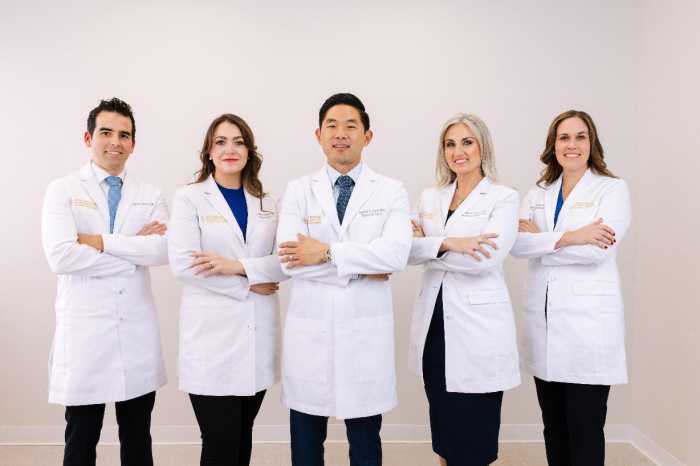Rohit T. “Rit” Aggarwala is a widely recognized expert on urban sustainability, technology, and mobility. He led the creation of the Mayor’s Office of Long-Term Planning and Sustainability under Mayor Michael R. Bloomberg, founded the environmental grantmaking program at Bloomberg Philanthropies, and served as president of the Board of Directors of the C40 Cities Climate Leadership Group. He was part of the founding team at Sidewalk Labs—Google’s urban technology startup—and more recently was a senior urban tech fellow at the Jacobs Cornell-Technion Institute. He has provided advice and assistance to a number of foundations and impact investment funds and chaired the Regional Plan Association’s Fourth Regional Plan for the New York region. Aggarwala holds a PhD, MBA, and BA from Columbia University and an MA from Queen’s University in Kingston, Ontario.
What does sustainability mean to you?
Sustainability is acting in ways that you can keep doing without hitting a wall or impoverishing future generations. Ultimately, it means something you’d be willing to do even if you have to account for externalities – those costs that you impose on others, like pollution. It’s like depreciation in accounting; running down an asset without reinvesting is unsustainable just like pumping greenhouse gases into the environment is.
Is there one major climate issue your organization is looking to tackle?
Getting Local Law 97 implemented in the right way is clearly a top priority. Buildings are our largest source of carbon emissions, so we cannot slow down on the retrofits that LL97 will require. But we know that many buildings, especially middle-class co-ops and condos, face a difficult set of challenges. We need to get buildings mobilized across the city in a way that is constructive and not just punitive.
What is one thing everyone can do to help protect the environment?
Eat less meat. What we eat is a daily choice with huge climate impacts, and nothing is worse for the planet than raising cattle. I’m not vegetarian, but I make the choice to avoid meat when possible. It’s also healthier, and usually cheaper. But, if you own a car, drive less. Just replacing a few trips with walking, biking, or transit helps the planet, the city, and your body.
What steps are your organization taking to ensure a sustainable future?
The City is leading by example in many ways: electrifying our fleet, greening our buildings, replacing meat with vegetables at schools. At DEP, we’re planning both to manage more severe storms and deal with the potential for more severe droughts. One thing this requires is ensuring that our procurement and other processes work well; we’ll never be able to achieve resilience if we can’t deliver capital projects on time and at scale.


